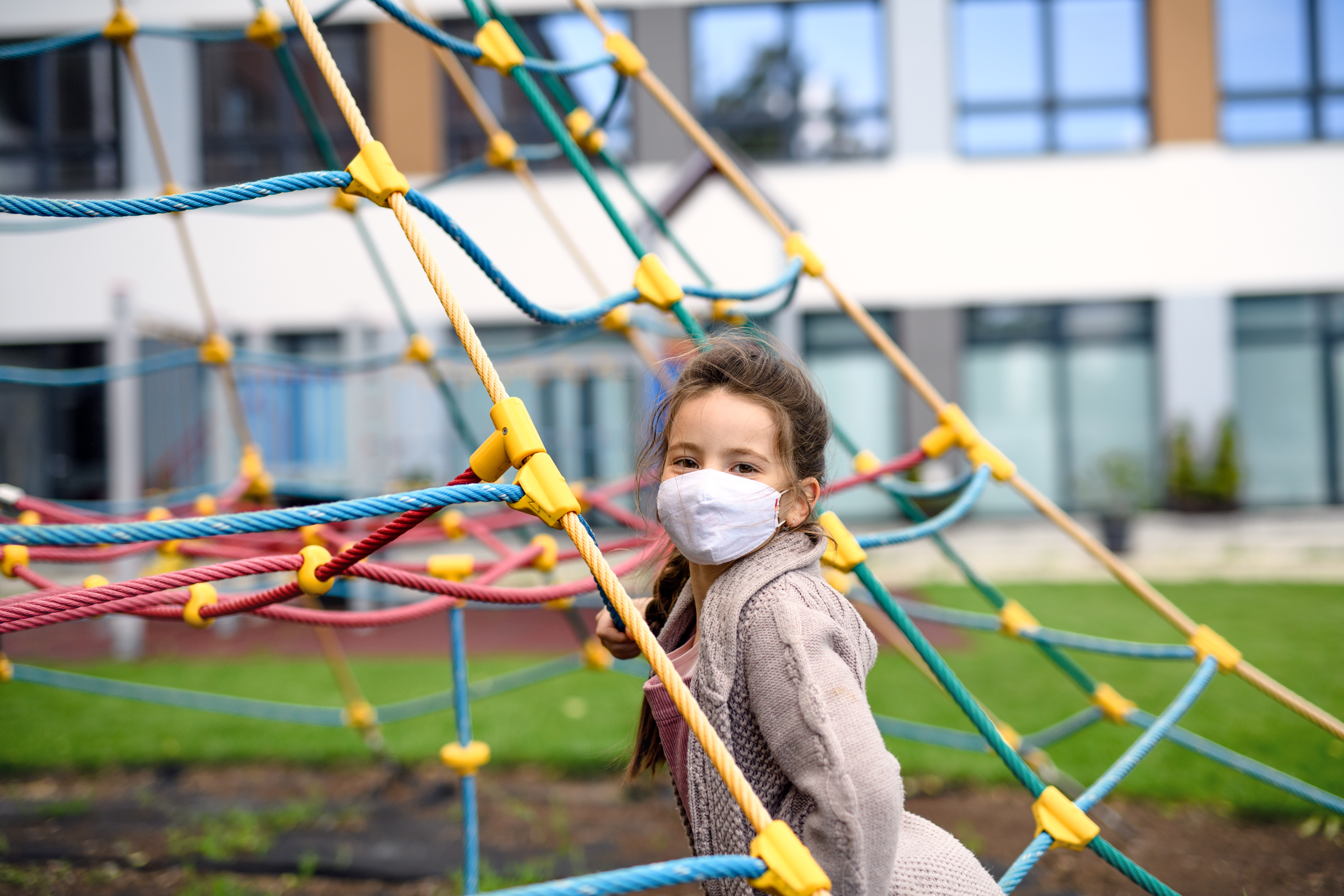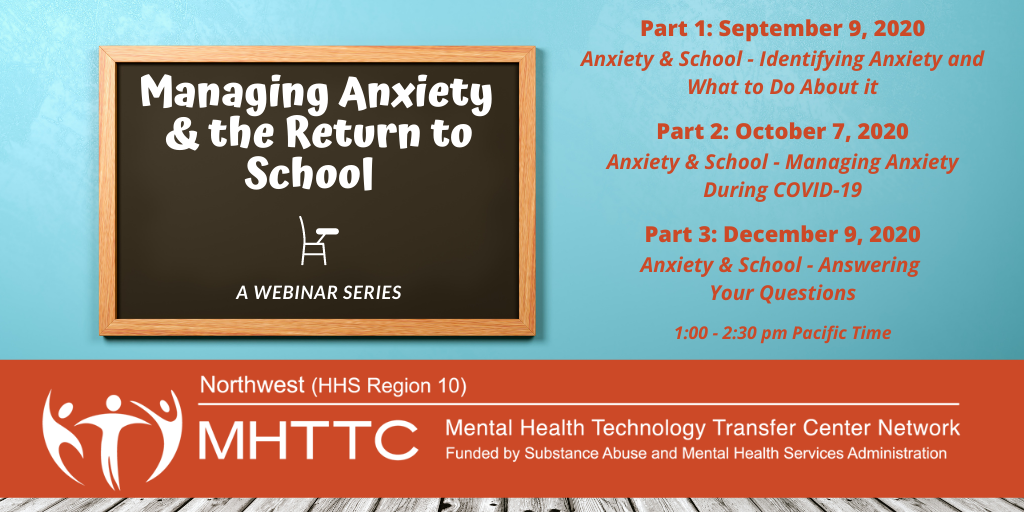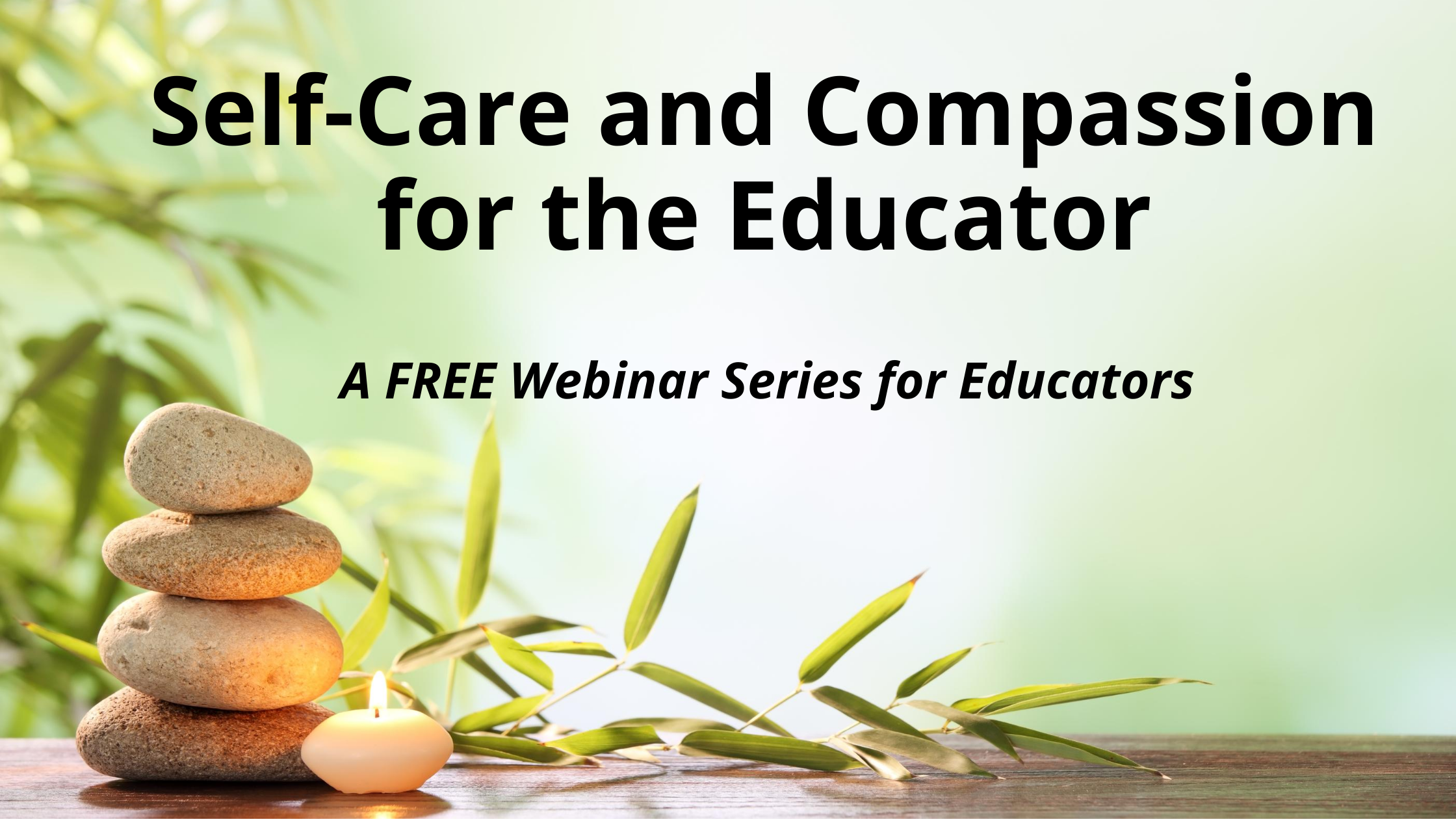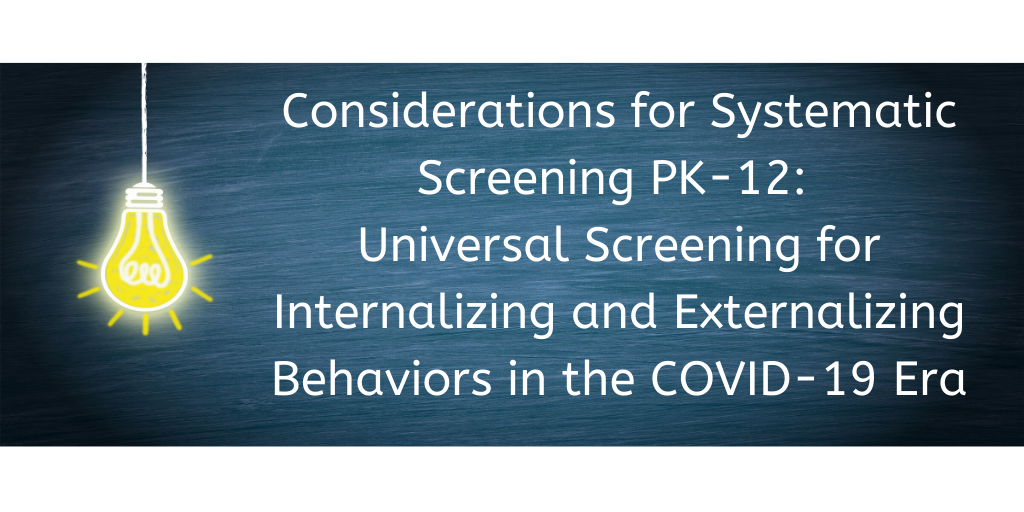Home > The Back-to-School Series
 The rapid shift to distance learning in the wake of COVID-19 presented its own challenges, but so does the return to schools during the 2020 - 2021 school year.
The rapid shift to distance learning in the wake of COVID-19 presented its own challenges, but so does the return to schools during the 2020 - 2021 school year.
Staff, students, and families could be experiencing higher levels of stress, trauma, anxiety, depression, and even grief. Plus, health concerns, economic instability, and racial violence are more present than ever. No one has been untouched by the pandemic.
As schools face the realities of reopening in-person, remotely, or a hybrid, one thing remains constant: it is more important now than ever to prioritize the mental health and wellness of our school communities. We know that the most common response to disaster is resilience, not disorder, and there is so much educators can do to promote resilience and well-being.
Join our Back-to-School Series for concrete strategies to strengthen connections, promote mental wellness and resilience, and support everyone in the return to schools during a global pandemic.
October 20th, 22nd, 27th, November 5th, 17th, December 1st, 3rd, January 12th, 19th, 21st, 26th
>> Webinar Details Available Here
>> Access The Full Series Resource Guide
The Northwest MHTTC and the Pacific Southwest MHTTC continued partnership to provide and extend deeper technical assistance on the Interconnected Systems Framework (ISF) and contextualize ISF to this moment of COVID-19 and beyond.
Our offering is made up of four modules and ends with a town hall where participants ask faculty questions and resource one another. Each module includes teaching from Susan Barrett and field leaders on ISF systems, and USC faculty on ISF practices
Led by Susan Barrett, MA, and University of Southern California trauma informed specialists Steve Hydon, Pamela Vona, and Vivien Villaverde, we invite you to explore the ISF framework by examining systems change (structures and leadership) and the practices (services and supports) needed to ensure student support equity.
We recommend watching the systems sessions (in blue) before the practices sessions (in green).
Module 1: ISF in Virtual Conditions
Module 2: ISF + Trauma Informed Approaches
Module 3: ISF + Tiers 2 & 3
Module 4: ISF & Equity
ISF West Coast Town Hall

September 9th, October 7th & December 9th
*All webinars from 1 - 2:30pm (PST)
>> Learn more about all 4 webinars here.
As we continue to navigate life during a pandemic, it is no surprise that anxiety and uncertainty are rising. This is true for youth, their families, and educators.
This series is designed to highlight what anxiety looks like and walk through evidence-based interventions for anxiety in educational setting.
PRESENTATION MATERIALS:
September 9, 2020:
October 7, 2020:
December 9, 2020:

October 9th, November 12th, December 11th
*All webinars from 3 - 4pm (PST)
>> Learn more about all 3 webinars here.
NWPBIS is partnering with Dr. Renee VanNorman of WellEducator, LLC to bring you the most up to date research, suggestions, and exemplars on how to build wellness, and respond to life's challenging moments (in and out of the classroom) with self-compassion.
During these workshops participants will practice skills to decrease stressors on mind/body systems to stay connected to the wonders and curiosities of teaching using evidence-based mindfulness practices, radical acceptance and values-driven goal setting. *Clock hours are provided!*
PRESENTATION MATERIALS:
October 9, 2020:
November 12, 2020:
December 11, 2020:

Wednesday August 12th
9am - 10:30am (PST)
In the wake of the COVID-19 pandemic, PK-12 schools across the United States closed and educators quickly pivoted to remote and continuous learning opportunities to protect students and society as a whole from the deadly coronavirus – COVID-19.
As educational leaders across the country navigate the complexities for providing instruction during the 2020-2021 academic year, questions have arisen regarding systematic screening practices.
In this presentation, we offer considerations by Lane and Oakes (2020) for conducting systematic screenings for internalizing and externalizing behaviors in the COVID-19 era. We recommend educators continue to screen, use multiple sources of data to inform programming, and screen responsibly.
PRESENTATION MATERIALS:
Want more information and school mental health resources? Visit the Northwest MHTTC's School Mental Health page and sign up for our monthly newsletter for regular updates about events, trainings, and resources available to the Northwest region.